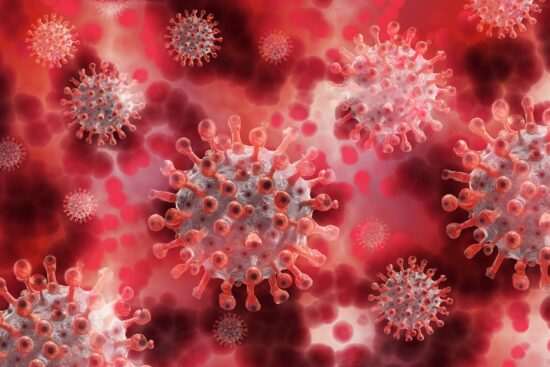Antimicrobial resistance and COVID-19: Intersections and implications
Before the coronavirus 2019 (COVID-19) pandemic began, antimicrobial resistance (AMR) was among the top priorities for global public health. Already a complex challenge, AMR now needs to be addressed in a changing healthcare landscape. Here, we analyse how changes due to COVID-19 in terms of antimicrobial usage, infection prevention, and health systems affect the emergence, transmission, and burden of AMR. Increased hand hygiene, decreased international travel, and decreased elective hospital procedures may reduce AMR pathogen selection and spread in the short term. However, the opposite effects may be seen if antibiotics are more widely used as standard healthcare pathways break down. Over 6 months into the COVID-19 pandemic, the dynamics of AMR remain uncertain.
AMR NEWS
Your Biweekly Source for Global AMR Insights!
Stay informed with the essential newsletter that brings together all the latest One Health news on antimicrobial resistance. Delivered straight to your inbox every two weeks, AMR NEWS provides a curated selection of international insights, key publications, and the latest updates in the fight against AMR.
Don’t miss out on staying ahead in the global AMR movement—subscribe now!







